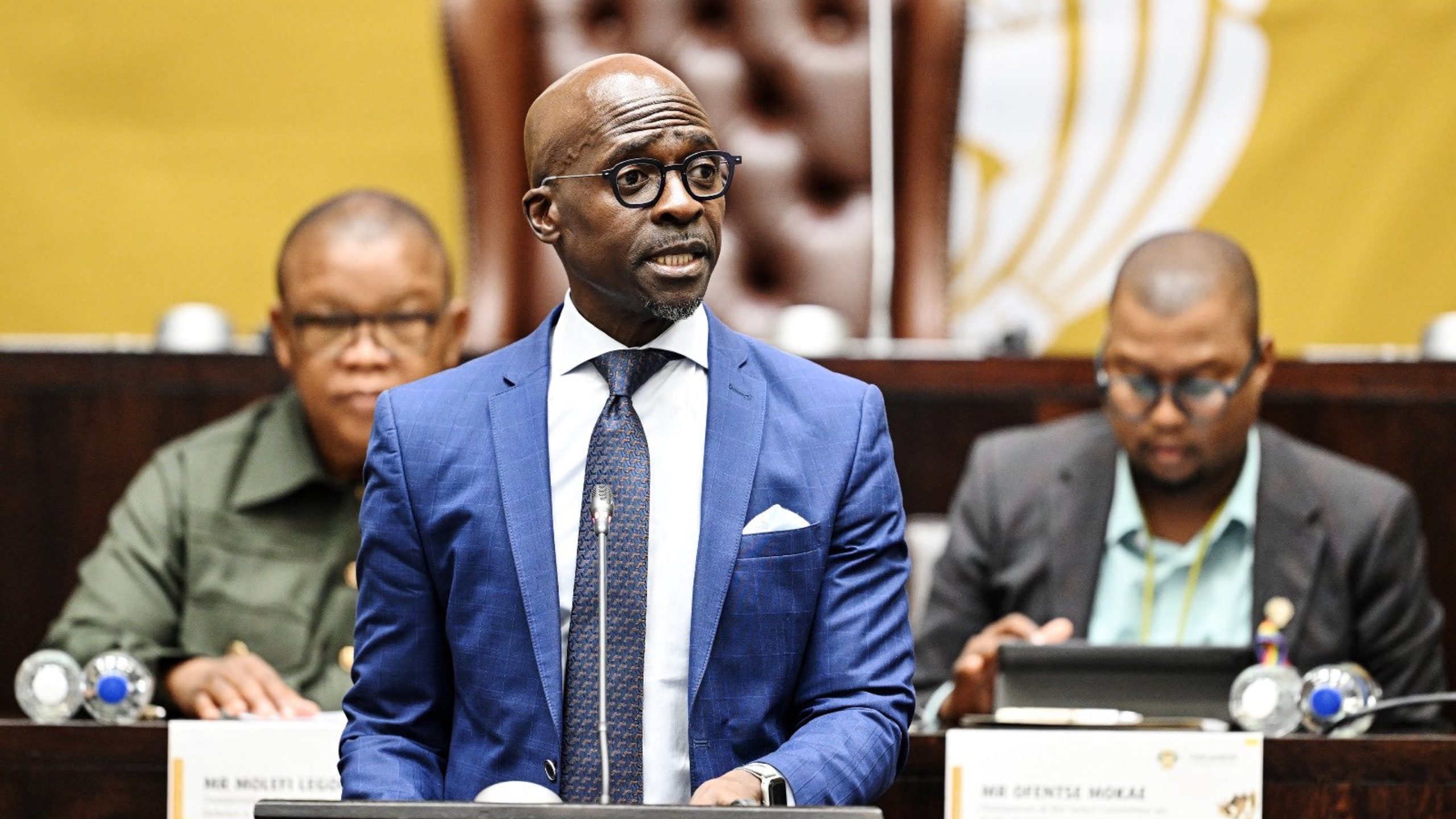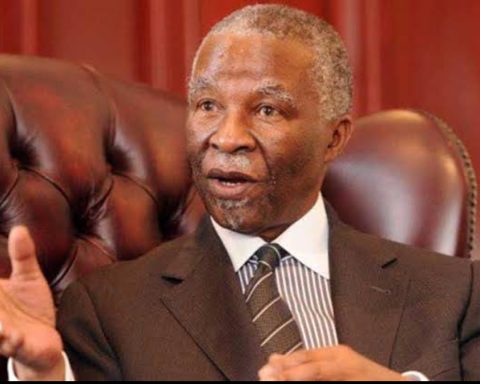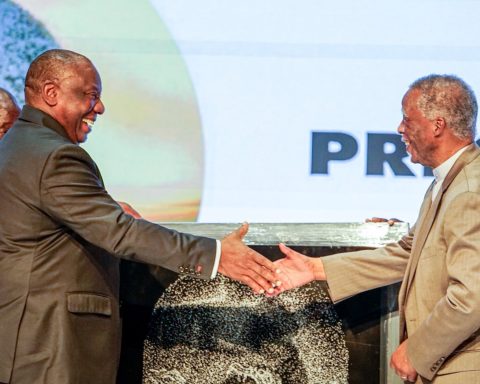ANC National Executive Committee (NEC) member Malusi Gigaba says dialogue should be delayed to prevent it from becoming “another talk-shop.” He argues that discussions without clear goals and strong preparation waste resources and fail to address South Africa’s pressing challenges. Therefore, he believes postponing will give organisers time to design a focused, results-oriented process.
Withdrawals Show Why Gigaba Urges Delay
Several influential organisations have withdrawn from the process. These groups, active in politics and civil society, no longer trust the dialogue to achieve meaningful results. Gigaba urges organisers to rebuild confidence, meet stakeholders directly, and invite them back. Moreover, he says that additional time will allow organisers to address specific concerns and encourage wider participation.
Clear Objectives will Drive Success
To ensure effective talks, Gigaba says dialogue should be delayed until organisers set specific goals, agree on measurable outcomes, and create a follow-up plan. He stresses that the agenda should prioritise solutions over speeches. By delaying, organisers can give participants the opportunity to align priorities, prepare thoroughly, and contribute meaningfully. In his view, only a structured approach will make the dialogue successful.
Political Influence Behind the Call
As a senior ANC NEC member, Gigaba uses his influence to shape both internal debates and public opinion. Furthermore, he calls for a review of the timing and structure, arguing that the dialogue can bring real change if it avoids symbolic gestures and focuses on tangible outcomes. His intervention increases pressure on organisers to make careful decisions.
The Decision Ahead
Organisers must decide whether to proceed now or postpone. Gigaba says dialogue should be delayed to meet its objectives, restore public trust, and include all key voices. With thorough preparation, the national dialogue can unite South Africans to tackle economic, political, and social challenges. Without it, the country risks losing an important opportunity for progress.





